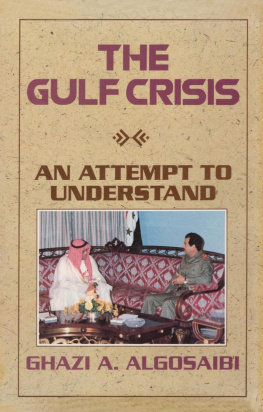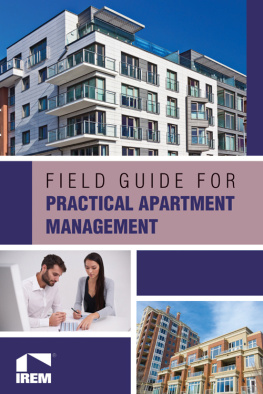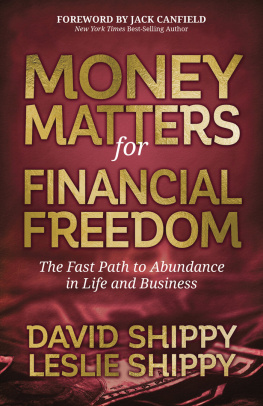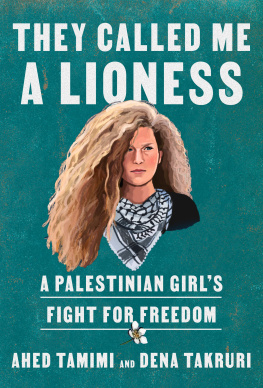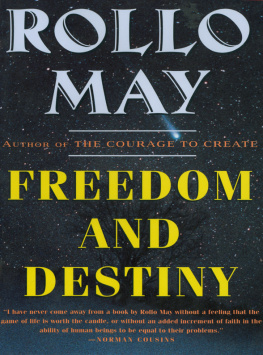First published in 1996 by Kegan Paul
This edition first published in 2009 by Routledge
2 Park Square, Milton Park, Abingdon, Oxon, 0X14 4RN
Simultaneously published in the USA and Canada by Routledge
270 Madison Avenue, NewYork, NY 10016
Routledge is an imprint of the Taylor & Francis Group, an informa business
GhaziAlgosaibi 1994
Transferred to Digital Printing 2009
All rights reserved. No part of this book may be reprinted orreproduced or utilised in any form or by any electronic, mechanical, or other means, now known orhereafter invented, including photocopying andrecording, or in any information storage or retrieval system, without permission in writing from the publishers.
British Library Cataloguing in Publication Data
A catalogue record for this book is available from the British Library
ISBN 10: 0-7103-0550-8 (hbk)
ISBN 13: 978-0-7103-0550-3 (hbk)
Publishers Note
The publisher has gone to great lengths to ensure the quality ofthis reprint but points out that some imperfections in the original copies may be apparent. The publisher has made every effort to contact original copyright holders and would welcome correspondencefrom those theyhave been unable to trace.
H is mind was full of questions but he could find no answers. Now the captain of the aircraft was troubling him with another one. Maybe this was the thinking behind the competition, to keep the passengers occupied with one simple question so that they would not be bothered with more questions which could be in their minds. Still, it seemed a bit odd: How much fuel is this aircraft carrying?
Passengers were told that the one who got the correct answer or the nearest to it would receive a prize. The steward passed along, each passenger took a form.
Fuad concentrated. How many gallons of fuel does this aircraft carry? It had never crossed his mind before to wonder. Would it be possible to make an analogy with a car? He knew a car could easily have 20 gallons in the tank but an aircraft was carrying over 100 passengers with all their luggage, some of it very heavy like his own. He smiled as he remembered his baggage: four heavy suitcases apart from his considerable hand baggage. His brother Khalil had said Are you going on a trip to the moon? To the North Pole? Why all this luggage?
But his mother had insisted that he should take with him everything he might need in the land of strangers. Hence the bathroom towels, packets of tea, blocks of toilet paper, tins of biscuits and chocolate, a tiny radio. He smiled as he remembered all these things but then frowned as he imagined himself standing before Customs at Cairo Airport.
He had heard about these Customs officials, how they opened all the luggage and turned everything out, and then they would not let you through until you had paid up. This payment was really perplexing. His brother Nasir had said to him, laughing, Just imagine youre going to Cairo to study law and youll start your life there with a bribe, something illegal! Cant you just see yourself in a police cell? Do you know what the punishment is for a bribe? A year in gaol, at least. He laughed.
But it wasnt funny at all; it was really serious. Friends who were old hands in passing through Cairo Airport said that bribery was unavoidable and bribery was a crime. It was true that he had never heard of anyone being arrested at Cairo Airport on a charge but who knows? He remembered Nasir cackling on. I really dont know how you are going to make out in Cairo, if you drown in a little puddle like that! I just wish I could be there to watch you in action. Immigration. Customs. Youll really get in a mess!
It seemed like a big joke to his two brothers, but Fuad couldnt see the funny side. After all he was still only sixteen, twenty years younger than Nasir and ten years younger than Khalil. They were used to going abroad but it was his first trip on his own. Up to now there had always been someone older with him to take charge of the arrangements, and to handle the red tape. Even when he had left Bahrain Airport everything had been arranged for him and Nasir had even taken him to the aircraft door. But now he was alone. He now had to rely on himself and to remember that a new phase in his life was beginning. He had become a man who had to face strangers and confront problems as men did.
Foreign parts? Strangers? But, he was going to Cairo: how could Cairo possibly be a place of strangers? Cairo was the capital of the Arabs and the centre of the civilization of Islam. Egypt was Gods land. Cairo was the Mother of the Universe, as the Egyptians called it. (Funny, they also called Cairo Misr, the word for Egypt, too!) Cairo was Cairo of Gamal Abdul Nasser, of The Voice of the Arabs, of the struggle against Colonialism, it was the city of hope. Cairo represented the nationalization of the Suez Canal. When this came to him every fear disappeared, the worried inner voices were stilled. He felt warmth coursing through his veins. It was only a few weeks since the nationalization and the memory of that historic speech was engraved on his soul. He could still hear ringing in his ears that strong, vibrant voice.
Decree from the President of the Republic for the nationalization of the Suez Canal Company, an Egyptian joint-stock company.
The Suez Canal? No, it was The Canal For Getting Rid of Colonialism, The Canal Leading to a Sunlit Tomorrow, which is being made for all the Arabs by the Egyptian Revolution.
And now he was on his way to the Cairo of the Revolution, the Cairo of Gamal Abdul Nasser. His feelings were in turmoil. He would be in the same city as Gamal Abdul Nasser Who knows, perhaps he would even one day be on the same street as the President. He might even see him in the flesh, might even shake his hand, or talk to him. Why not!? Had not Gamal Abdul Nasser replied to all the letters which the students had sent him from the secondary school in Bahrain? Had he not sent them a picture of himself if they had asked? The signature was just a rubber stamp but it was the signature. He must have signed the original himself.
Fuads smile became broader as he recalled Mr Headley, their English language teacher. He would fly into a rage every time Nasser was mentioned, so the students would happily infuriate him by evoking Nasser whenever they could. Mr Headley would come into the classroom and find written on the board Long live Gamal Abdul Nasser! He would then turn to the class. I know it would be a waste of time to ask who did this. The writing is ugly, and Long live is not written like that. Then he would sigh and clean the board. But one day he came in and found a picture of Nasser on the wall. Calmly he walked over with the famous coolness of the English, took it off the wall and placed it on the table in front of him. The owner of this thing can collect it after I leave.
One of the students raised his hand. Mr Headley, did you hear Gamal Abdul Nassers speech yesterday? He was speaking for more than three hours!
I feel sorry for those who had to listen!
Another schoolfriend said, Look, Mr Headley! A picture of Gamal Abdul Nasser! Would you like to see it?
No! No! I know what he looks like and I dont want to see his picture. I thought that sending out pictures was something that only actresses did!
Then the whole class would enthusiastically debate Nasser and the students would have killed three birds with one stone: they would defend Arab Nationalism; they would annoy their colonialist teacher and the hour would pass.



